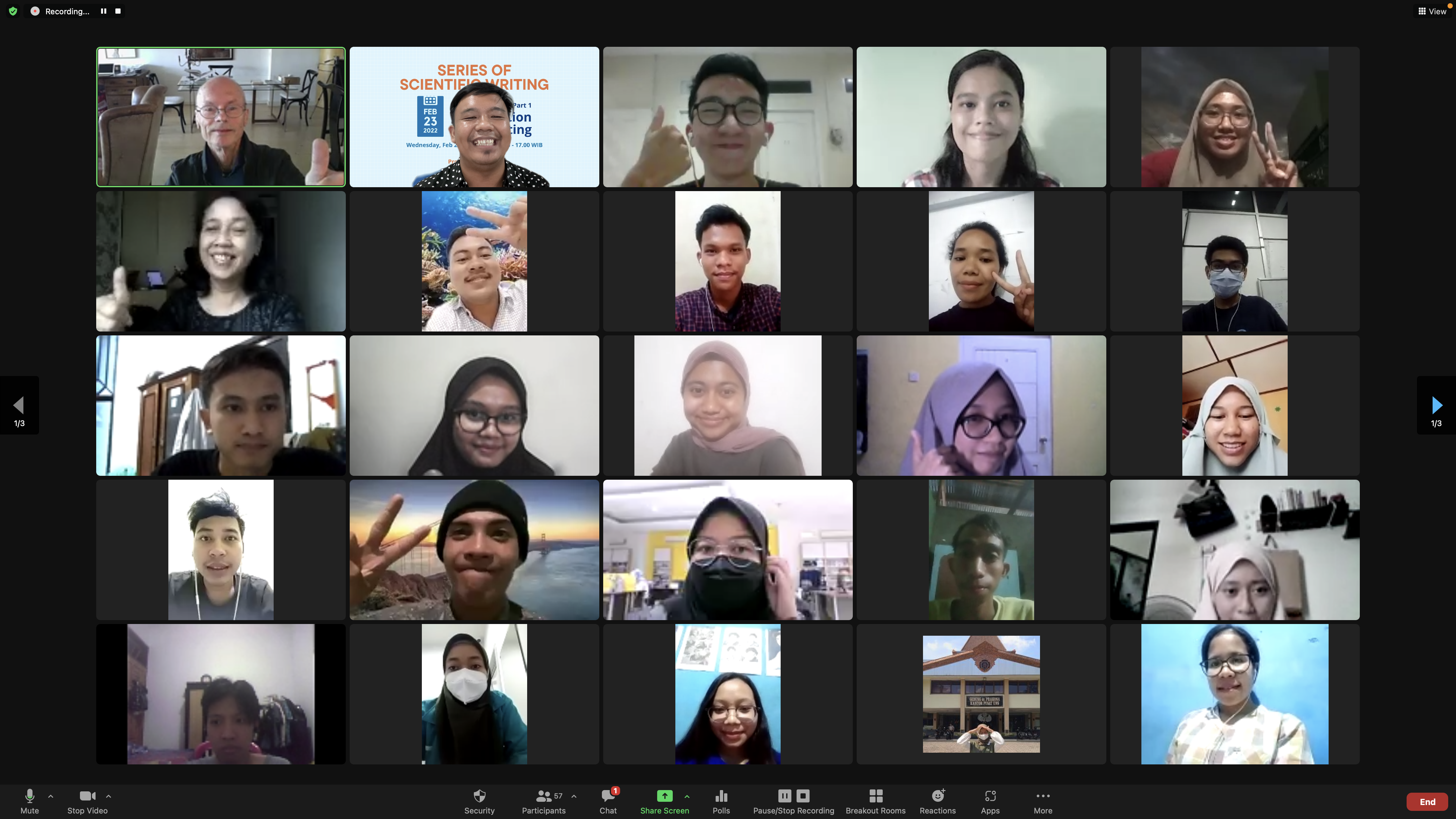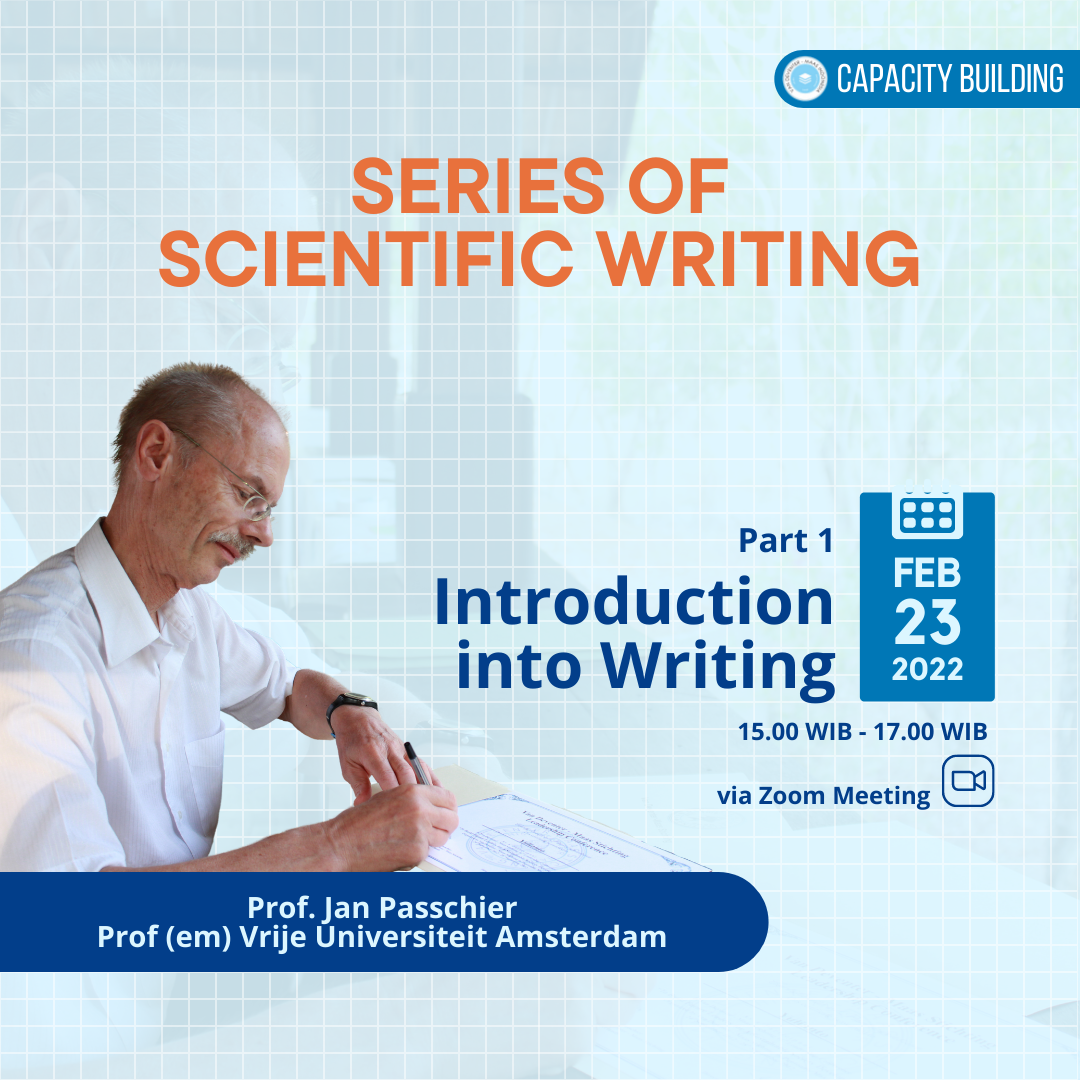Series of Scientific Writing (Part 1) February 23, 2022
Accommodating the needs of final year grantees in scientific writing skill, Van Deventer-Maas Indonesia hold Series of Scientific Writing. Facilitated by Prof. Jan Passchier (Prof (em) Vrije Universiteit Amsterdam), the 1st session (February 23, 2022) discussed about “Introduction to Scientific Writing and How to Find Problems”. At the beginning, Prof. Jan quoted a Latin proverb, ‘Verba Volant, Scripta Manent’ means that words that are spoken will vanish; words that are written will last forever. Thus, writing is important for the present and future. So, how can we get inspiration to start writing? First is form our own experience. Another way to find inspiration for writing is by reading previous research articles from reputable journals (with high impact factors). Every study uses recommendations for future research. Furthermore, academic journals are typically always updated yearly. So, they can be our references for scientific writing.
Even though there are a lot of different studies, background or area, but the structure of scientific articles is similar across the disciplines. The IMRAD model (Sylvia PJ, 2019) is commonly used in scientific writing. The model started with Introduction, and followed by Method, Result, Discussion, and References. Scientific writing also uses methods and writing styles agreed by the body of scientists. So, it can be replicated and accounted for.
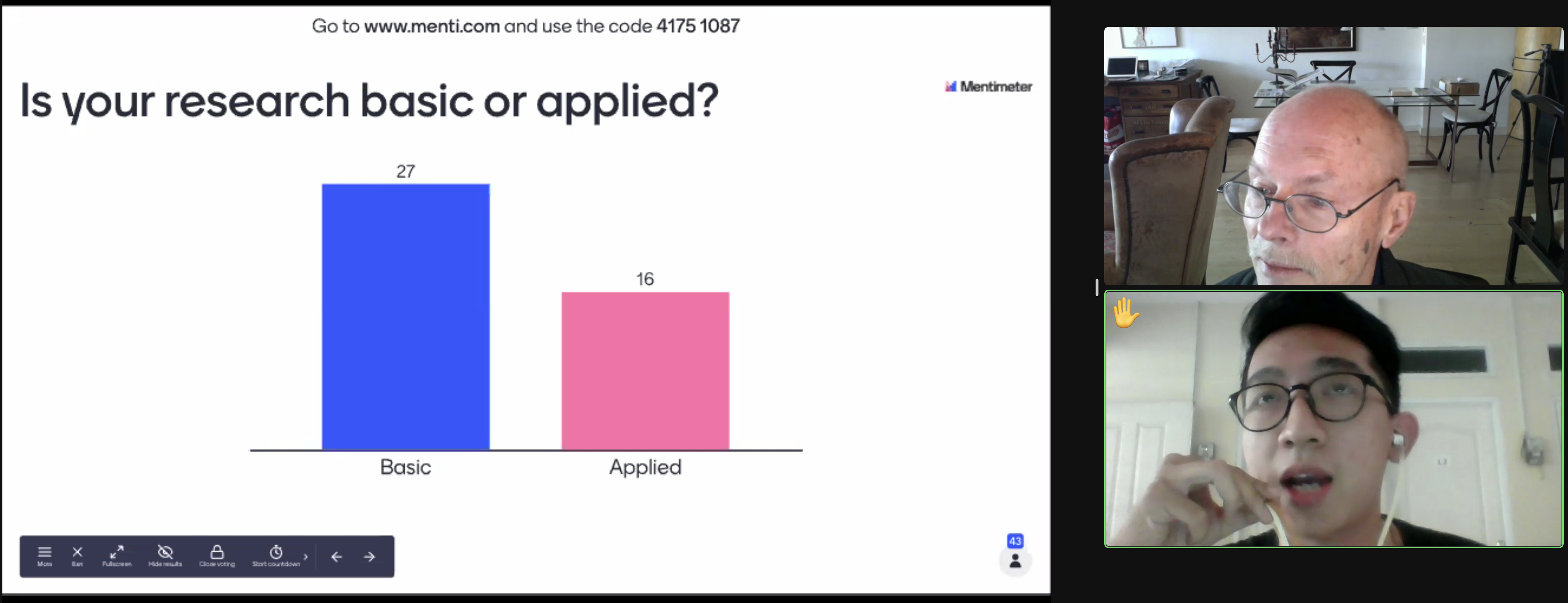
In the Question and Answers session, there are a lot of grantees who consulted Prof. Jan about their skripsi. Some of them shared a very technical experiences on doing research. Hendra Liem (grantee Soegijapranata Catholic University) asked about hypothesis. Before we do our research, we already have a hypothesis. Hendra asked based on Prof. Jan experience’s what should he do when the research result is not answer the hypothesis. Prof. Jan said, there is a possibility that hypothesis is not confirm, that our finding is different with our hypothesis, but it’s also a finding. There are a lot of journals that can described why it is happened. Important task for us to explain why the hypothesis is not true. In order to do so, we have to compare it with previous articles which found the confirmation of the hypothesis and to see what the differences with our investigation and their investigation. Maybe it is because our methods and we can describe it more on the discussion.
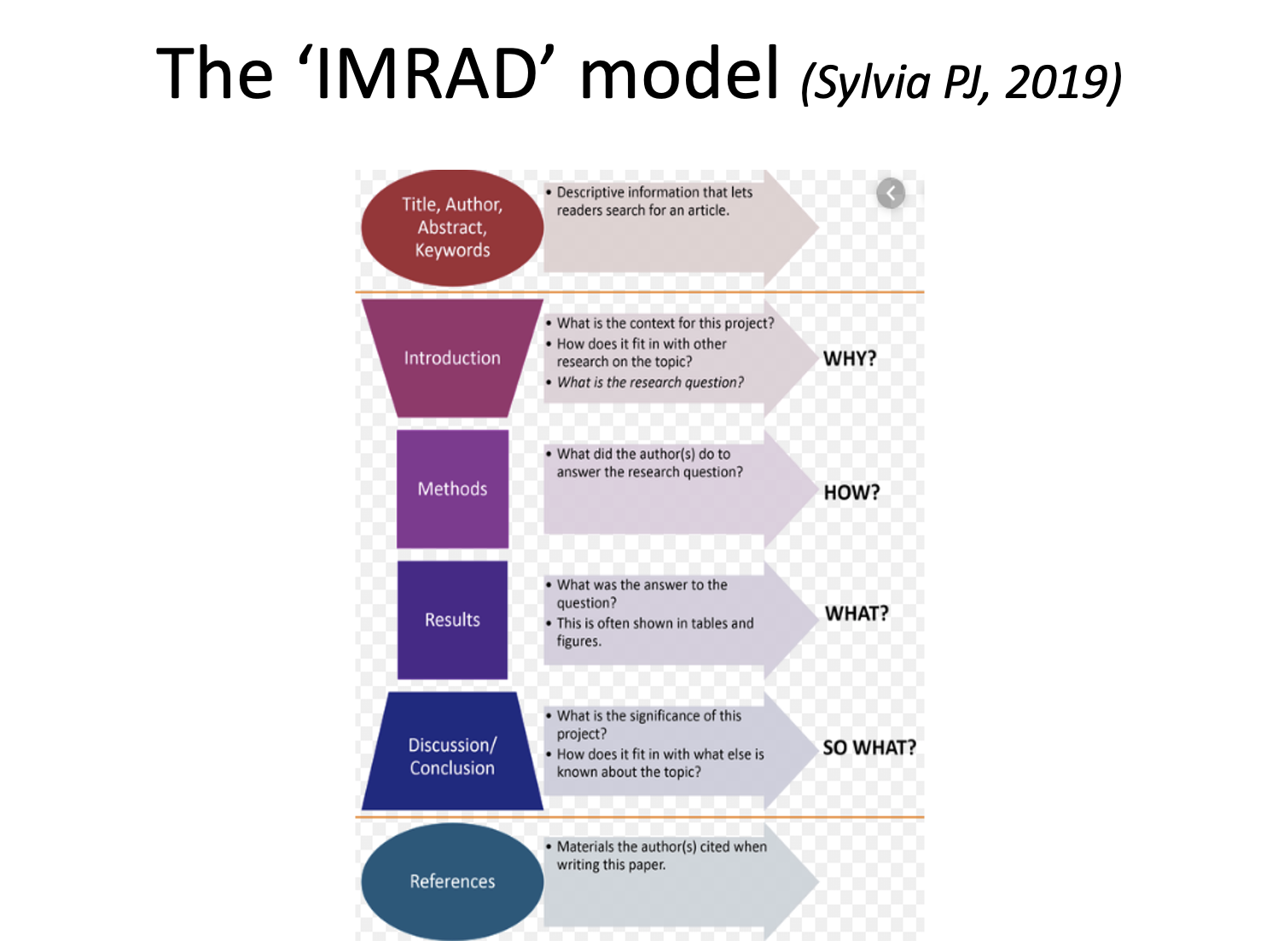
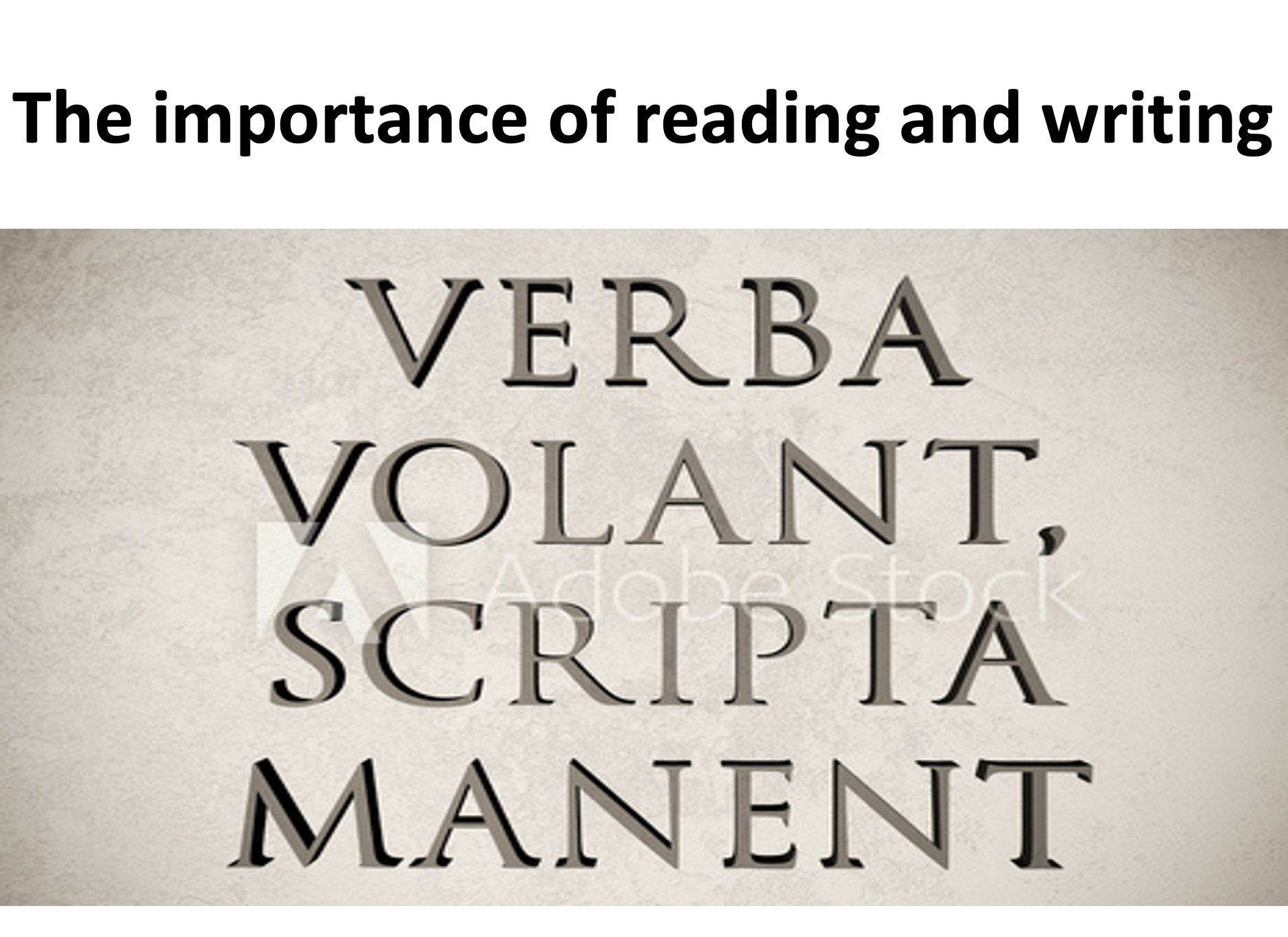
As the closing Prof. Jan shared the quote from one of the characters from the Harry Potter movie that stated, “In the future, people should choose whether to do the easy things or do the good things.” Doing good things has never been easy, so does writing. Creating scientific writing needs diligence and commitment, just like climbing Mount Everest. Thus, Prof. Jan suggested the students prepare ahead for their final research (skripsi). The participants were given the assignment to write research questions inspired by Prof. Jan’s vlog.
